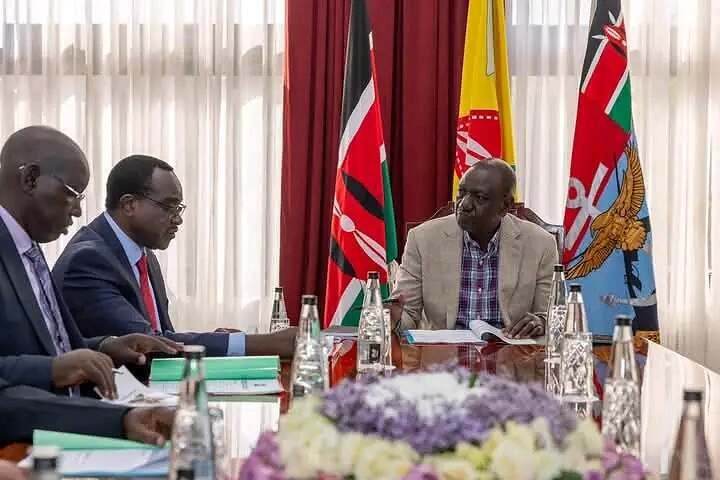
The education sector in Kenya is experiencing a transformative shift as the Ministry of Education officially phases out the Kenya Certificate of Primary Education (KCPE) examination. In its place, preparations are underway for the Kenya Junior School Education Assessment (KJSEA), which is set to be administered for the first time in 2025. This historic announcement was made by Dr. Belio Kipsang, the Principal Secretary for Basic Education, signaling a new chapter in the Competency-Based Curriculum (CBC) implementation.
What Is the KJSEA?
The Kenya Junior School Education Assessment (KJSEA) is designed to evaluate students completing Junior Secondary School (JSS) under the CBC system. Unlike the KCPE, which primarily focused on rote learning and high-stakes testing, the KJSEA will emphasize:
- Competency development over mere knowledge retention.
- Practical assessments that test students’ abilities in real-world scenarios.
- A holistic evaluation system to gauge academic, creative, and co-curricular skills.
Why Was the KCPE Phased Out?
The decision to replace the KCPE with the KJSEA is rooted in the need to align assessments with the goals of the CBC. The KCPE, a system in place since 1985, often subjected learners to intense pressure and promoted a narrow focus on academic performance. With the CBC’s introduction, the education system seeks to:
- Reduce exam-related anxiety by incorporating continuous assessments throughout the academic journey.
- Encourage creativity and innovation, moving away from exam cramming.
- Equip learners with life skills for the modern world.
Key Preparations for the KJSEA
Dr. Kipsang emphasized the Ministry’s commitment to ensuring the smooth rollout of the KJSEA in 2025. Some of the preparations include:
- Capacity Building for Teachers
Teachers are undergoing training to administer and evaluate KJSEA assessments effectively. - Infrastructure Development
Schools are being equipped with the necessary resources to support CBC activities, including laboratories, ICT equipment, and practical spaces. - Public Awareness Campaigns
Parents, guardians, and stakeholders are being educated on the objectives of the KJSEA and how it benefits learners. - Piloting Assessments
Trial runs are being conducted to fine-tune the assessment tools and ensure readiness for the 2025 implementation.
Implications for Learners and Educators
The shift from KCPE to KJSEA represents a monumental change for learners, parents, and teachers. For students, the new system promises a more engaging and less stressful learning experience. Teachers, on the other hand, will play a critical role in nurturing students’ competencies and guiding them through continuous assessments.
Additionally, secondary schools and tertiary institutions must prepare for an influx of students whose transition will now be guided by a broader assessment framework.
A Step Toward Educational Reform
The introduction of the KJSEA is a significant step in Kenya’s efforts to overhaul its education system. By fostering creativity, critical thinking, and problem-solving skills, the CBC framework ensures that learners are well-prepared for the dynamic demands of the 21st century.
Conclusion
As Kenya prepares to implement the KJSEA, the Ministry of Education’s focus remains on ensuring that no child is left behind in this transformative journey. The phase-out of the KCPE is not just the end of an era but also the dawn of a promising future for Kenya’s education sector.
Stay tuned for more updates on the KJSEA and other developments in the Competency-Based Curriculum!





